

2019-11-11 09:36:00 Mon ET
technology antitrust competition bilateral trade free trade fair trade trade agreement trade surplus trade deficit multilateralism neoliberalism world trade organization regulation public utility current account compliance
Apple upstream semiconductor chipmaker TSMC boosts capital expenditures to $15 billion with almost 10% revenue growth by December 2019. Due to high global demand for faster mobile microchips and new 5G high-end smart phones, TSMC expects robust revenue and net profit growth in 2020-2022. This bullish prediction helps assuage both investor fear and anxiety in the early resolution of uncertainty around the Sino-American interim partial trade agreement. TSMC CEO C.C. Wei expects to attain 20%+ 5G smartphone market penetration for 2020. As of 2019Q4, TSMC serves several clients such as Apple, HuaWei, and Qualcomm worldwide.
Meanwhile, TSMC raises its new capital expenditures to $15 billion from an earlier conservative forecast of $10 billion for the fiscal year 2020. In recent years, TSMC surpasses its U.S. archrival Intel to become the biggest high-performance micro-chip producer as TSMC maintains its $250 billion stock market capitalization in comparison to $230 billion stock market capitalization for Intel.
From January 2019 to September 2019, TSMC ships 185 million smart phones. In fact, this achievement is only second to the Chinese tech titan HuaWei. In essence, the robust stock market momentum among HuaWei, Intel, and TSMC etc suggests that a major global tech slowdown seems less likely in the current business cycle.
If any of our AYA Analytica financial health memos (FHM), blog posts, ebooks, newsletters, and notifications etc, or any other form of online content curation, involves potential copyright concerns, please feel free to contact us at service@ayafintech.network so that we can remove relevant content in response to any such request within a reasonable time frame.
2023-07-21 10:30:00 Friday ET
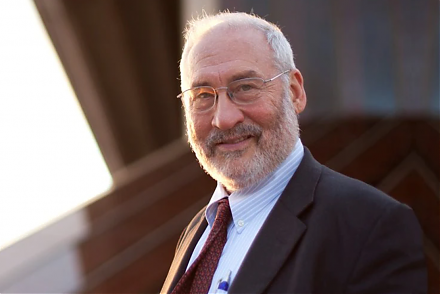
Joseph Stiglitz and Andrew Charlton suggest that free trade helps promote better economic development worldwide. Joseph Stiglitz and Andrew Charlton (200
2018-02-15 07:43:00 Thursday ET

Fed minutes reflect gradual interest rate normalization in response to high inflation risk. FOMC members revise up the economic projections made at the Dece
2023-01-09 10:31:00 Monday ET
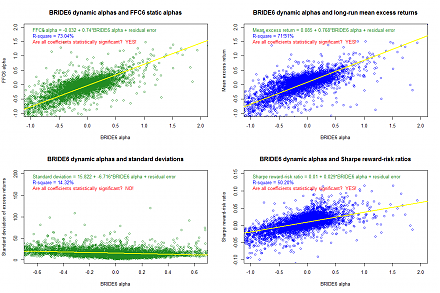
Response to USPTO fintech patent protection As of early-January 2023, the U.S. Patent and Trademark Office (USPTO) has approved our U.S. utility patent
2024-01-31 14:33:00 Wednesday ET
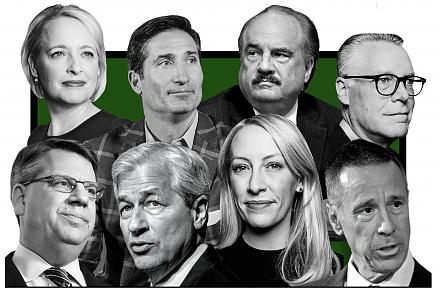
The new world order of trade helps accomplish non-economic policy goals such as national security and technological dominance. To the extent that freer
2020-05-28 15:37:00 Thursday ET
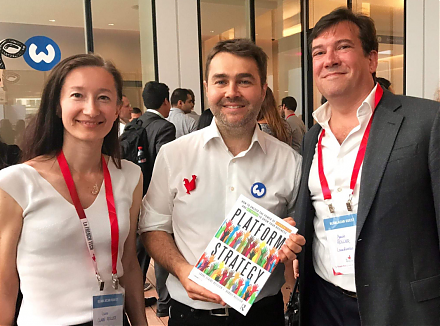
Platform enterprises leverage network effects, scale economies, and information cascades to boost exponential business growth. Laure Reillier and Benoit
2019-10-15 09:13:00 Tuesday ET
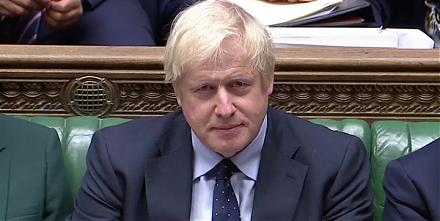
U.K. prime minister Boris Johnson encounters defeat during his new premiership. The first major vote would pave the path of least resistance to passing a no